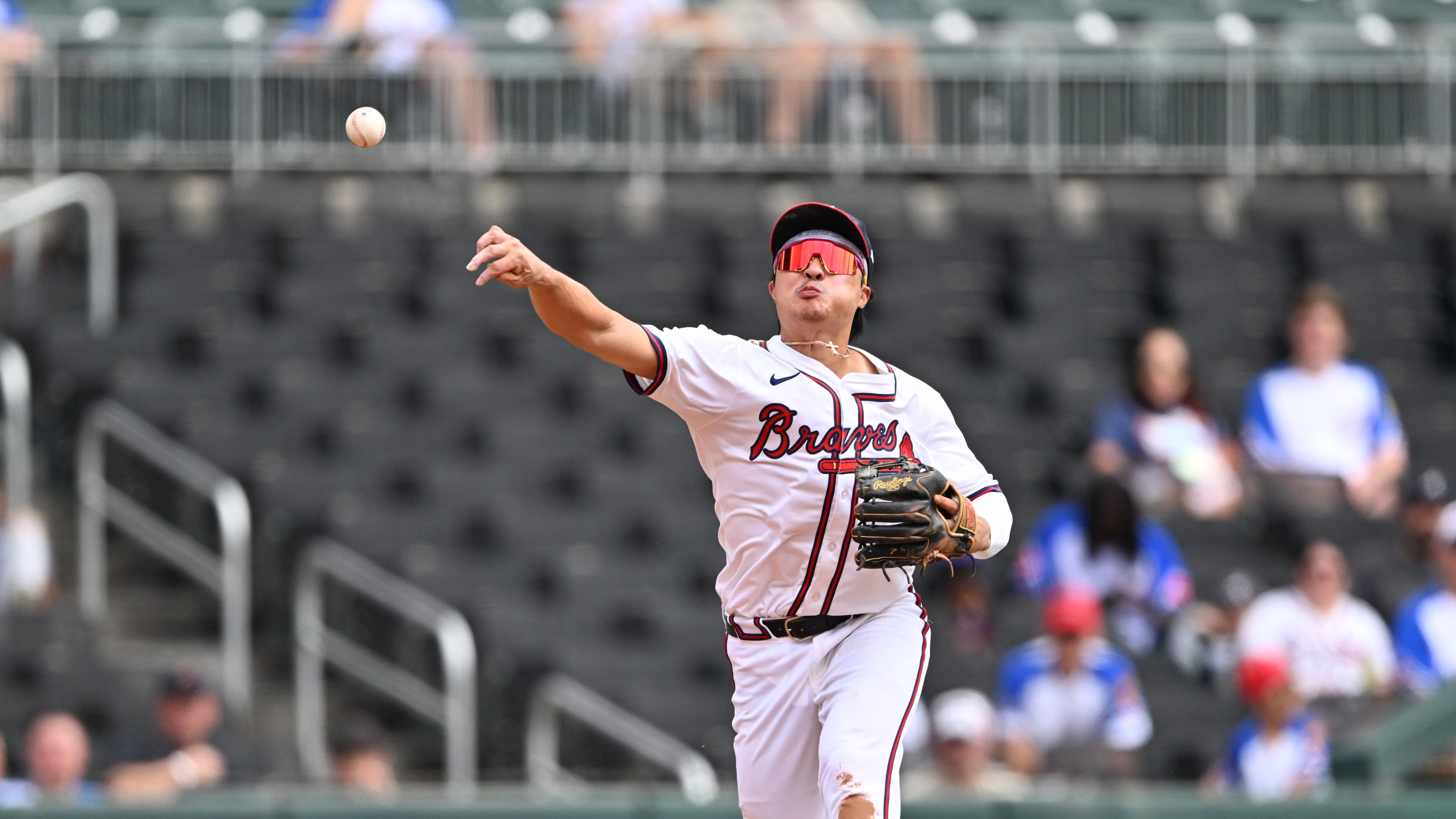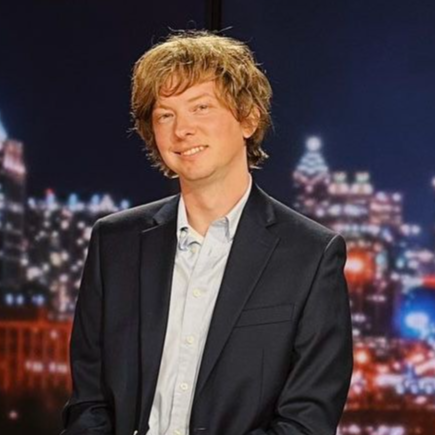Braves offseason needs: Shortstop and more pitching

When the World Series concludes, the Braves truly can begin to address their roster.
What areas will they be targeting? A quick look at the team’s needs as acknowledged by president of baseball operations Alex Anthopoulos:
Shortstop
Ha-Seong Kim will decide on his player option ($16 million) in the days after the World Series. The Braves then will have clarity about whether they have a viable shortstop option under contract for 2026. It’s widely assumed, though, that Kim will opt out of that deal.
The Braves have expressed continuously that they would like to retain Kim, who made a nice impression in his few weeks of a trial period. Perhaps the sides reach a deal early in the free-agent process, but a weak market should lead Kim to explore his value.
Bo Bichette is considered the best free-agent shortstop, though his defensive metrics might require him to move to another position. Also, he will cost a sizable commitment both in years and dollars. The other available players at the position are at replacement level.
Boston’s Trevor Story could be available on the trade market if he doesn’t exercise his opt out, but given his health issues over the years and $55 million remaining on his deal, he doesn’t seem an appealing target. Maybe the Red Sox would cover some of his contract in a transaction, but after getting burned on the Chris Sale trade, would they try for another such trade with the Braves?
There could be other shortstops available on the trade market, though some will be high priced. The circumstances set up well for Kim to extract the best contract he can from the Braves, assuming staying here is his preference.
“We made the move to acquire Kim, and I said it at the time, it was attractive that there was potential for beyond ’25,” Anthopoulos said. “There was no guarantees, but there was potential. … There are paths for him to be here, and us getting to know him had tremendous value because we love the player and we’d like to have him back.”
The rotation
When healthy, the Braves have a fearsome trio atop their rotation in Sale, Spencer Strider and Spencer Schwellenbach. But “when healthy” is an important caveat. Sale missed two months with a fractured rib cage this season, and he had a lengthy injury history entering his age 37 season next year.
Strider didn’t look like his best form in 2025, but the hope is he’ll be fully operational entering next spring. Schwellenbach, recovering from a fractured elbow, is expected to be healthy for spring training.
Grant Holmes and Reynaldo Lopez will return from season-ending injuries, but there’s uncertainty around both. In Lopez’s case, especially, it would make sense to shift him to the bullpen to keep him healthy. Then there’s rookie breakout Hurston Waldrep, who should enter spring training penciled into a rotation spot, but will need to continue proving himself.
These circumstances will lead the Braves to address their rotation. They would benefit from another veteran’s reliability. Milwaukee’s Freddy Peralta reportedly will be available on the trade market, but other teams could package more headline-grabbing prospects to acquire him.
St. Louis’ Sonny Gray seemingly is connected to the Braves every other year. But Gray, who turns 36 next month, is owed $35 million in 2026 and an additional $5 million on a buyout of his 2027 mutual option. The Cardinals would need to eat some money. Gray also has a no-trade clause, but he’s a Tennessee native who has previously said he valued pitching closer to his home in Nashville. He fits the Braves’ MO of adding players on higher salaried, shorter term contracts, so it’s an obvious fit.
The free-agent market is rich with potential front-line starters and middle-tier veterans, so the team could go that avenue, as well. Milton’s Dylan Cease will be mentioned, but evaluators have always loved his strikeout stuff, which sets up agent Scott Boras to get him a healthy deal. Maybe the Braves make sense if his market doesn’t develop as hoped. Ranger Suarez and Framber Valdez also should get substantial deals. Zac Gallen had a disappointing contract year and might have to settle for a short-term agreement. The Braves saw how dominant Michael King can be in the postseason last year; he’d certainly be a significant addition.
Brandon Woodruff (Milwaukee), Shane Bieber (Toronto) and even Tyler Anderson (Angels) could help any contender’s rotation. Walker Buehler and Dustin May, a pair of former Dodgers, will be seeking rebounds. Anthopoulos said the Braves explored acquiring a starter at the trade deadline in July, so they’ve done background work on some of these players who might be free agents or acquirable via trade.
The Braves have plenty of choices. It depends how much they want to invest in a starter and what qualities (health consistency, upside, strikeout prowess, age, financial aspect) they value most.
“Rotation is absolutely front burner for us,” Anthopoulos said.
Bullpen
The Braves need a closer. They could just re-sign their own in Raisel Iglesias, who recaptured his tremendous form after a sluggish start to the 2025 season. Iglesias, who will be 36, would be in line for a shorter contract.
The team holds club options on Pierce Johnson ($7 million) and Tyler Kinley ($5.5 million). Both were valuable members of the 2025 unit. Dylan Lee and Aaron Bummer will return. Joe Jimenez could be back healthy after a lost season, but there’s uncertainty there.
The bullpen would look better if the Braves re-sign Iglesias, but they’ll need to add multiple relievers. Every team will be in the market, and there will be no shortage of trade options. Anthopoulos has done a nice job identifying undervalued relievers that his club can maximize, such as Lee, Johnson and Kinley.
“Every year, bullpen is on your list,” Anthopoulos said.



